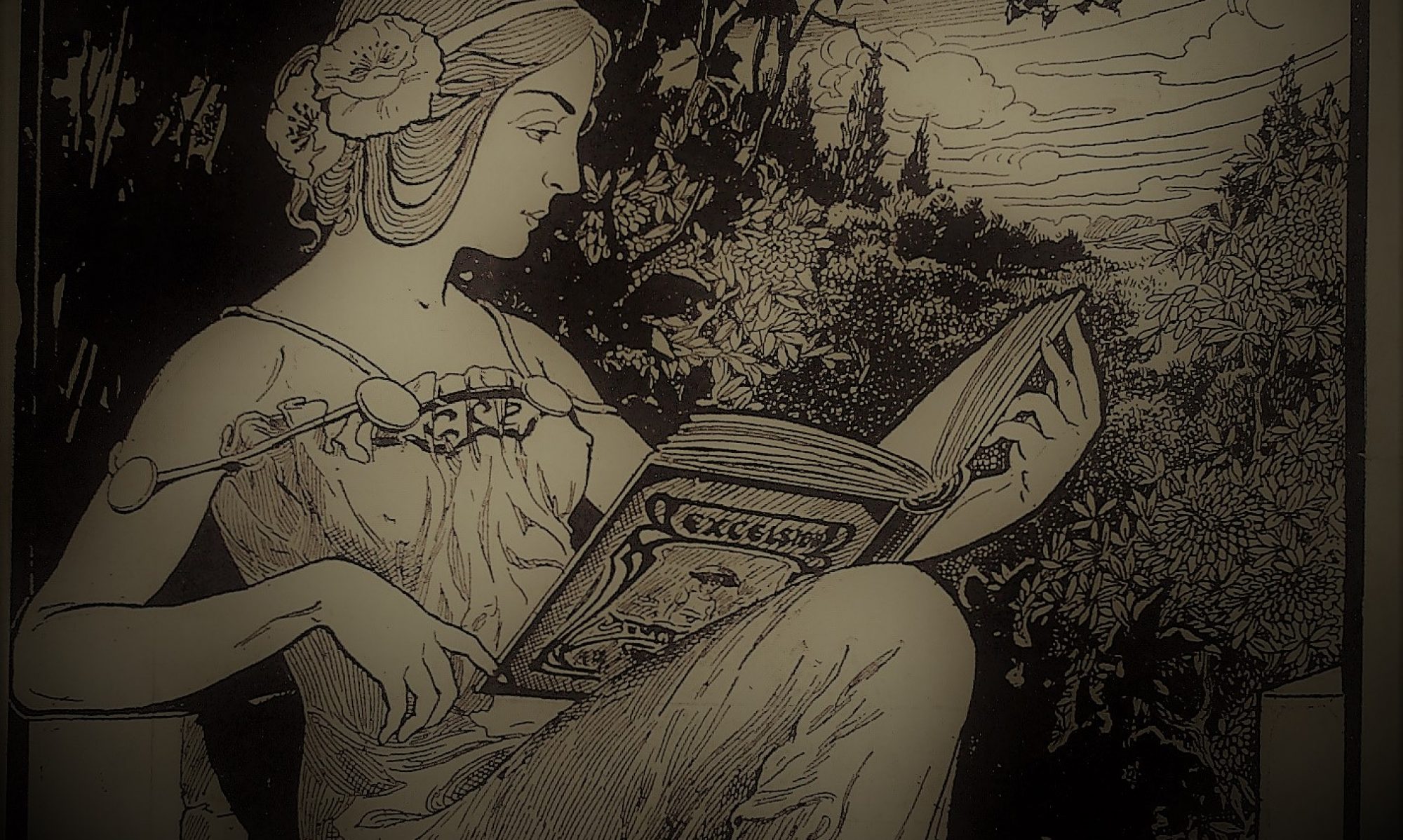Strengthening Digital Research at the University of the Philippines System: Digitization of Philippine Rare Newspapers and Magazines (1850-1945) and Training in DHThere are many stories behind this project. One of those stories took place in the Philippines, in the Diliman campus of the University of the Philippines, on April 1, 2016, fools day. That day the main building of the College of Arts and Letters totally burned down to ashes. The causes are yet not clear. Among the consequences was the loss of hundreds of unique materials -books, manuscripts, pictures, thesis…- of Filipiniana, that is, Philippine related materials and studies of different kinds. Another consequence was a sudden awareness of the necessity of preservation of Philippine rare materials. This project is somehow an outcome of that situation and that sudden awareness.
This is a project of academic cooperation between the ACDC research group of the Department of Literature of the University of Antwerp, and the College of Arts and Letters of the University of the Philippines Diliman, funded by VLIRUOS. The project will scan Philippine periodicals published until 1945, and provide training to researchers on Philippine studies on Digital Humanities to make the most of the digitized materials in their research.
Why starting with periodicals? Periodicals in 19th century are a very valuable cultural object: there was almost more literature published in periodicals than in books. They let us know not only the historical facts of the times, but also the different opinions and trends of thought about them. There were pictures and cartoons. We can learn about language, sociology, history, literature, music, cinema and theatre scene on them. We can get to know which foreign books and films had success at the time in the Philippines. We can get to know the amount of abaca that was being exported at the time, or which were the most important maritime routes.To sum up, we wanted this project to be useful for a wide range of researchers, and newspapers are valuable primary sources for experts in many different disciplines.
Methodology
The project consists of two phases:
Phase (1): Digitization of the UP’s collection of rare periodicals (paper and microfilm).
This collection comprises an estimated number of 12.000 issues published in Spanish, English, Chinese, Tagalog, and other languages of the Philippines. Among others, they include news articles, articles on social and artistic subjects, literary works, sports sections, and women’s sections. Thankfully, the Philippine copyright law allows for the public reproduction of articles in mass media, as well as for images published more than 50 years ago – so there are no legal issues with regard to intellectual copyright in the creation of this repository.
The project provides a grant for 4 researchers and library staff from the University of the Philippines to attend the University of Antwerp Summer School in Digital Humanities that will provide training relevant to create the repository and implement the framework developed by the IIIF consortium to the images, so they can dialogue with other existing repositories.
The newspapers will be scanned, indexed, OCRd and tagged by personnel from the library of the University of the Philippines. This process will facilitate further research on the digitized texts using DH methodologies. In addition, the IIIF tagging will allow that the images appear in international search engines of combined databases around the world, enhancing the visibility of Philippine studies.
A developer will enable the collaborative enhancement of information in the repository, facilitating research, collaboration, and possible future addition of materials digitized by private initiatives or other institutions. Genealogies and itineraries can also be created by this tool from the information contained in the documents.
Phase (2): Training in Digital Humanities.
This training will be divided into 4 parts:
- Summer course 1 – Diliman campus (June of year 2)
- Summer course 2 – Diliman campus (January of year 3)
- Summer course 3 – peripheral campuses (December of year 2)
- Summer course 4 – peripheral campuses (June of year 3)
Parts 1 and 2 will be delivered by professors from the University of Antwerp, who will travel to the Philippines to teach courses in collaboration with the (co-) promotors from the UP. This will consist of one introductory course in June 2019, and one Advanced Course in January 2020. Together, both courses will cover general skills for DH research, such as digital corpus construction and consultation; text mining; topic modeling; sentiment analysis and stylometry; TEI markup and conversions; GIS; visualizations with Gephi and Tableau; database construction and manipulation; classroom applications and didactics of DH; as well as offering concrete examples of the possibilities of working with the repository created in Phase (1). These two courses will be delivered at the UP Diliman campus, and attended by postgraduate students and Faculty memers of the UP, and at least one professor from other Philippine campuses (Baguio, Cebú, and Iloilo) will join the training.
Parts 3 and 4 will consist of training sessions that are delivered at the peripheral campuses, taught by Philippine professors who attended parts 1 and 2, and who will be developing their own projects within the larger Phase (1) digitization project. These sessions will take place in December 2019, and June 2020. Before parts 3 and 4 can commence, the necessary equipment for digital scholarly work in the Humanities will be purchased and provided. Online support from Antwerp will also be provided for both the digitization projects, and the continued training.
